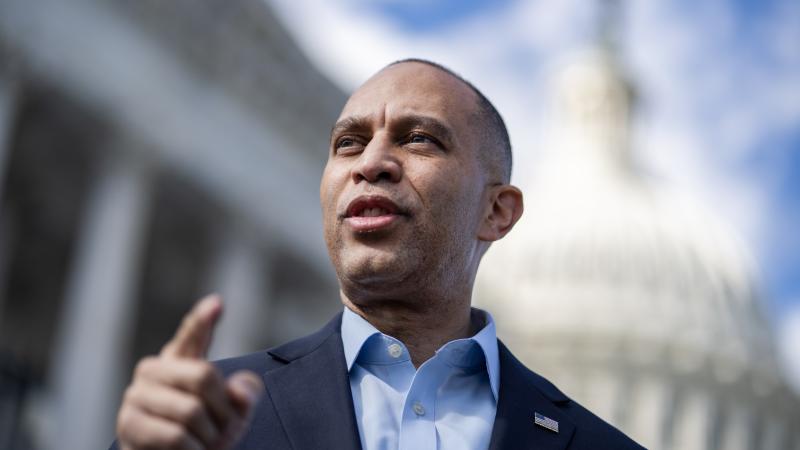Social Security loses billions yearly by failing to implement years-old fix, lawmakers say
SSA received authorization to use data exchanges from the bipartisan bill over seven years ago.
(The Center Square) -
Members of the House Ways and Means Committee are pressing Social Security Administration Commissioner Jason Smith on the failure to implement a service allowing for accurate payroll information.
The Bipartisan Budget Act of 2015 authorized the Commissioner of the SSA to enter data exchanges with commercial payroll data providers. This would give the SSA access to payrolls, ensuring that Disability and Supplemental Security Insurance benefits could be given quickly and accurately.
The SSA received authorization to use data exchanges from the bipartisan bill over seven years ago. Even after publishing a notice of implementation in 2021 the SSA made no action on it in the past two years.
The addition of the Payroll Information Exchange was reported in the SSA’s spring 2023 agenda, set to be considered in January of 2024, over eight years after its authorization.
The SSA manages over $1 trillion in payments to around 70 million people every year.
“With a program this size, getting even a small number of payments wrong, whether overpaying or underpaying, can result in billions of dollars of improper payments,” committee lawmakers wrote in the letter. “It is therefore imperative that the SSA fully utilize the authorities granted by Congress to limit improper payments before they occur.”
The Office of the Inspector General for the SSA found that in fiscal year 2021 the SSA failed to recover $20 billion in overpayments. $4 billion were able to be recovered. Of that $24 billion, the Disability, Old-Age and Survivors, and Supplemental Security Insurance programs saw $6 billion lost to overpayments.
“According to the SSA, beneficiaries’ failure to report earnings in a timely manner is a major cause of improper payments in the OASDI and SSI programs,” lawwmakers said in the letter. “A recent report from the SSA Office of the Inspector General reiterated, ‘obtaining data from external sources, such as other Federal and State agencies and financial institutions, is critical to preventing and detecting improper payments.’”
The committee requested information on the steps taken to implement the exchange since 2015, an explanation of the delay following the 2021 implementation notice, and a timeline for its implementation by August 14th.















